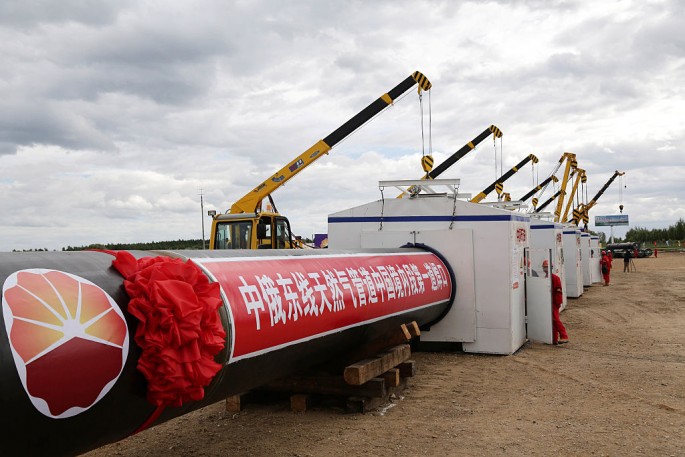China's state-owned energy companies, led by China Petroleum & Chemical Corp. (Sinopec), are investing billions of dollars to extract gas from shale in a bid to double the country's gas production in five years, the Wall Street Journal reported.
Sinopec's move came amid the global oversupply of natural gas, and if Sinopec succeeds, it would help reduce the country's dependence on imported liquefied natural gas, threatening billions of dollars in investments worldwide.
Despite its huge shale reserves, China finds it hard to extract gas due to difficult terrain or geology and lack of pipeline network. However, as pollution in many cities worsens, natural gas presents a cleaner alternative to coal as well provide secure jobs to people.
The report said that Sinopec plans to expand its projects near Fuling in central China, where the biggest deposits of shale gas outside North America are.
Sinopec expects that the country's natural gas consumption will increase as it grew 3.3 percent last year.
Hu Degao, general manager of Sinopec's Fuling unit, said that the company expects its gas production to reach 5 billion cubic meters this year, an increase from 3 billion in 2015. The company aims to increase Fuling's production capacity to 7 billion in 2017.
Unlike in the U.S. where shale-gas production faces environmental challenge, Sinopec's efforts receive government subsidies and support.
Industry experts said that the company's move is part of efforts to counter its weakening oil production. The company's crude production dropped 11 percent in the first half of the year, compared to 2015.
"By growing gas production they are effectively trying to mitigate what's happening on the oil side of the business," Neil Beveridge, an analyst at Bernstein Research in Hong Kong said, adding that China's shale production "looks like more of a volume strategy than a value strategy".
While Sinopec says gas demand has been slower than the company once forecast, executives expect that to change as the central government pushes China toward cleaner energy sources.
In the first half of last year, the company's gas production increased by 10 percent and it will need to raise production further to reach the growth target of 18 percent for the rest of the year.
Aware of the challenges and costs of the Fuling expansion, Sinopec said that it is working to overcome the obstacles. It offered a 1 percent share of its Fuling unit to a local government investment firm to encourage local officials to support them.



























